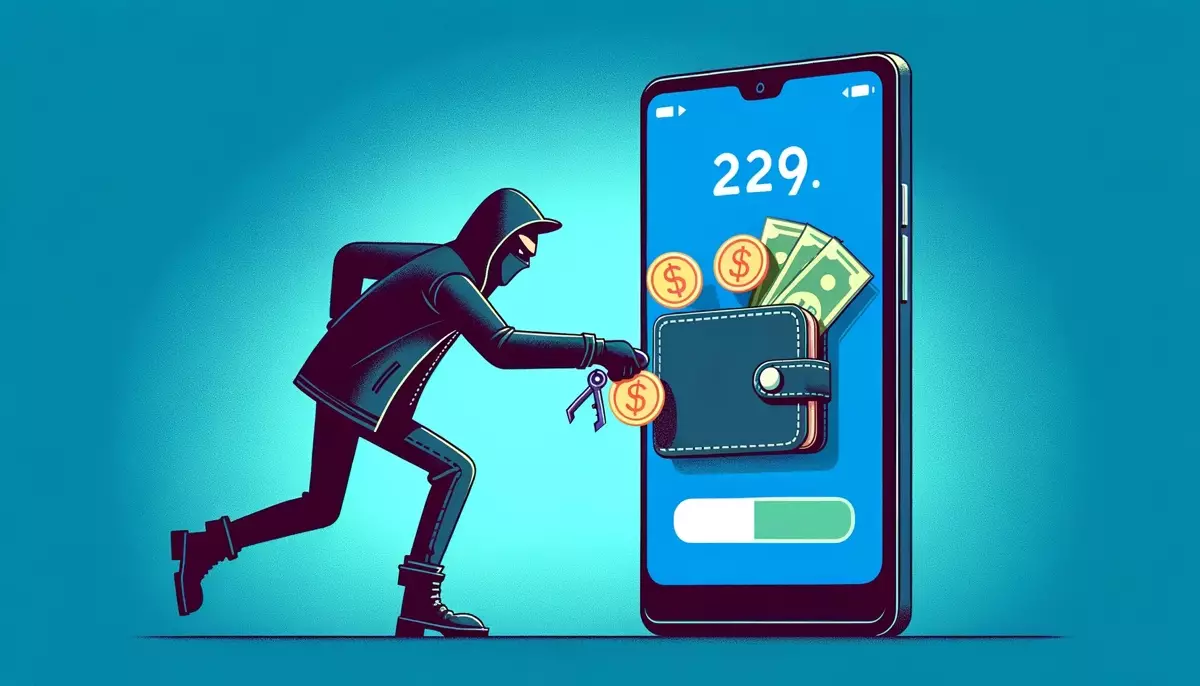The Chinese Ministry of Industry and Information Technology (MIIT) has recently raised an alarm regarding the emergence of fraudulent schemes involving counterfeit digital yuan applications. These fake apps are cleverly designed to mimic the official digital yuan platform, tricking unsuspecting users into downloading and engaging with them under the guise of attractive “promotions.”
One such counterfeit app, dubbed “Digital Yuan Test Version,” bears a striking resemblance to the authentic app in terms of logo and user interface. However, there are key differences that can help users identify the fake from the real deal. By scrutinizing the package name, version, or the MD5 message-digest algorithm, users can distinguish between the official app and the imposter. For instance, the legitimate app’s package name is cn.gov.pbc.dcep, whereas the fake “Test Version” opts for com.ecny.ecny2.
The fraudulent apps often employ tactics reminiscent of pyramid schemes, promising users “dividends” in exchange for sharing the software. They exploit the allure of e-CNY promotions and fabricate “national welfare” distributions to lure users into their web of deceit. Once users have downloaded the forged apps, they are prompted to provide extensive personal information for “eligibility verification,” leading them to believe they are complying with legal requirements. In a manipulative move, the apps may inquire about the users’ involvement in similar programs and delay fund disbursements to prolong the deception.
Despite setting up customer service pages to maintain a façade of legitimacy, the scammers behind these fake apps ultimately leave users empty-handed. Users may discover no deposits in their wallets or face difficulties withdrawing the alleged “funds” promised by the fraudsters. To address purported “technical issues,” users are prompted to download unfamiliar messaging apps, further entangling themselves in the scam. The so-called “customer service” representatives may even resort to demanding money instead of delivering the promised “welfare.”
While users can mitigate the risk of falling victim to such scams by exclusively downloading apps from verified platforms, the prevalence of criminal activities has surged alongside the surging popularity of China’s central bank digital currency (CBDC). Recent incidents, such as the Yangpu District People’s Court of Shanghai convicting an individual for money laundering with digital yuan and cryptocurrency, underscore the urgent need for heightened awareness and vigilance. As China forges ahead with expanding real-world e-CNY applications, individuals must remain cautious and exercise discernment to safeguard themselves against the perils of counterfeit digital yuan applications.



















